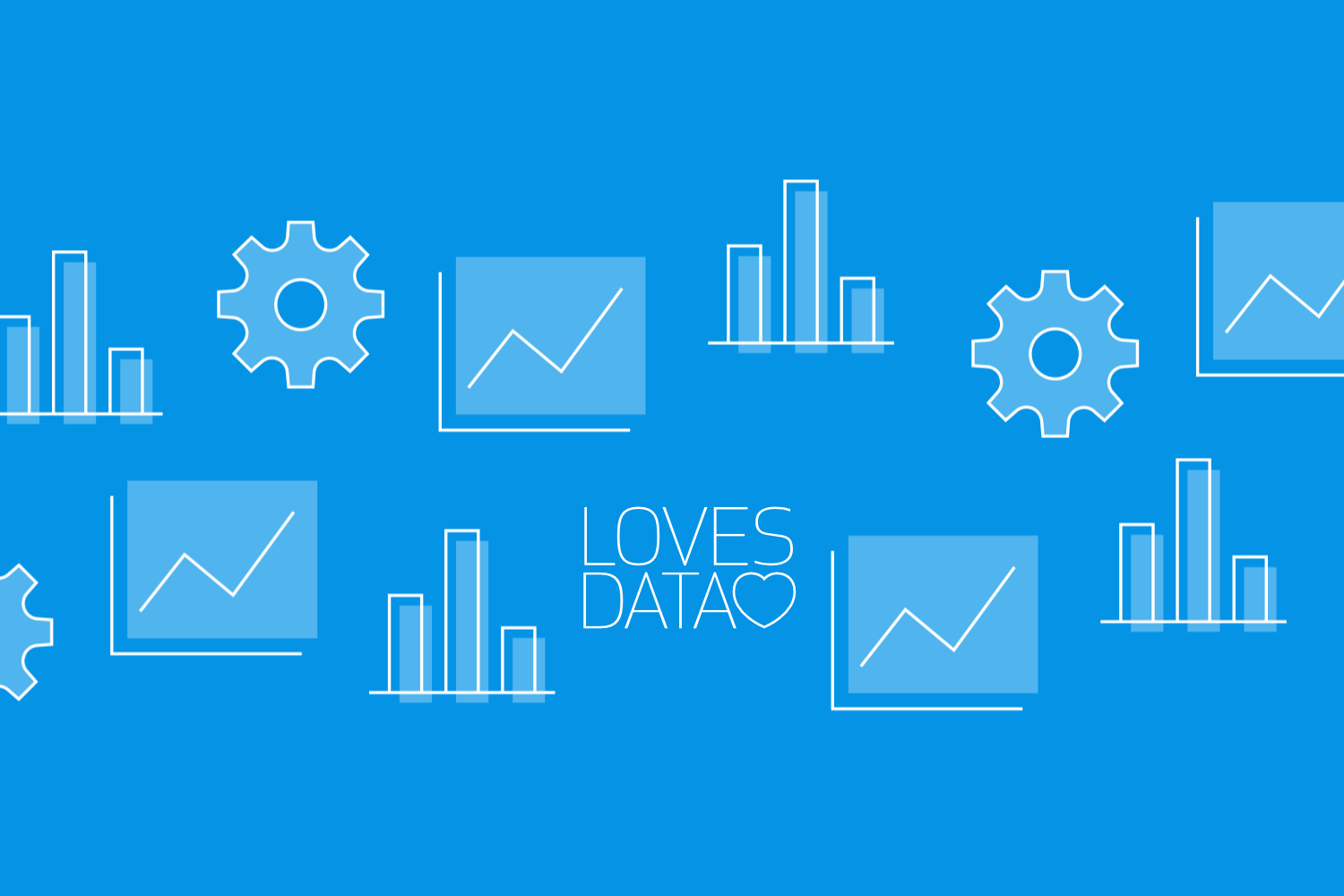What You Have to Know About Google Ads Conversion Tracking
Loves Data

If you’re investing in Google Ads, you need to track conversions, but you also need to stay up to date on the latest techniques and features available in your account. In this post, we will explore some of the ins and outs of Google Ads conversion tracking.
Google Ads and User Privacy
Data collection is evolving. When the GDPR (General Data Protection Regulation) was introduced in the EU, we saw a change in the way advertisers asked for permission to collect and process people’s information. This has influenced how data is collected, including Google’s announced phasing out of third-party cookies and Apple’s strengthening of privacy in their Safari browser.
We’re also seeing Google introduce modeled data in Google Ads and Google Analytics to help fill in the gaps when first-party user data isn’t available. The innovation around data collection and privacy is likely to continue, especially when it comes to advertising, Google Ads, and measuring conversions.
The 5 Essential Tips For Tracking Conversions in Google Ads
Apart from new techniques and features being released by Google, there are options you can use today to collect meaningful conversion data for your campaigns. Options include:
- Tracking conversions with Google’s Global Site Tag
- Linking Google Analytics 4 (GA4) and Google Ads
- Setting up the customer acquisition goal
- Asking for user consent
- Implement enhanced conversions
1. Use Google’s Global Site Tag for Conversions
While importing conversions from Google Analytics is quick and easy, it has its limitations. For more accurate data, it’s best to use Google’s Global Site Tag (gtag.js) to track conversions on your website. You can add this conversion tag directly to your website or add the tag using Google Tag Manager for greater flexibility.
<iframe src="//www.youtube.com/embed/sCQXelvnjGE?wmode=opaque" height="480" width="854" scrolling="no" frameborder="0" allowfullscreen></iframe>
">
2. Link Google Analytics 4 (GA4) and Google Ads
The new version of Google Analytics introduces new user privacy features. And with an emphasis on machine learning, you can view automated insights and collect modeled data if people have chosen to block cookies on your website.
Linking Google Analytics 4 and Google Ads provides additional benefits, including creating audiences to use with your Google Ads campaigns.
<iframe src="//www.youtube.com/embed/EyJKNmO22uM?wmode=opaque" height="480" width="854" scrolling="no" frameborder="0" allowfullscreen></iframe>
">
3. Setup the Customer Acquisition Goal in Google Ads
If you’re running a Performance Max campaign in Google Ads, you can now create a customer acquisition goal in your account. This lets you set the additional value created by new customers when they convert.
<iframe src="//www.youtube.com/embed/d8aFKwg-_Ds?wmode=opaque" height="480" width="854" scrolling="no" frameborder="0" allowfullscreen></iframe>
">
4. Asking for User Consent
User privacy is important, so always ask for user consent before collecting or processing personally identifiable information. Google has some resources to help you meet the GDPR, CCPA (California Consumer Privacy Act), and other requirements:
5. Implement Enhanced Conversions
If you’re collecting first-party data when people convert, you can also send this to Google Ads to improve the accuracy of your conversion data. You will need permission to upload this data to Google Ads, so it’s worth checking the privacy policy and terms of service you use on your website. There are also some technical requirements to get up and running, and you might need to adjust your tracking implementation.
Conclusion
If you’re running campaigns in Google Ads, then take a moment to ensure you’re getting accurate data using Google’s latest features. Whether it’s implementing enhanced conversions, linking Google Analytics 4, or using another data-driven feature, it’s the ideal time to make sure you’re getting the most out of Google Ads.
Are you interested in learning more? Loves Data’s advanced Google Ads course will help you optimize your results and manage campaigns for yourself (or your clients).




Comments